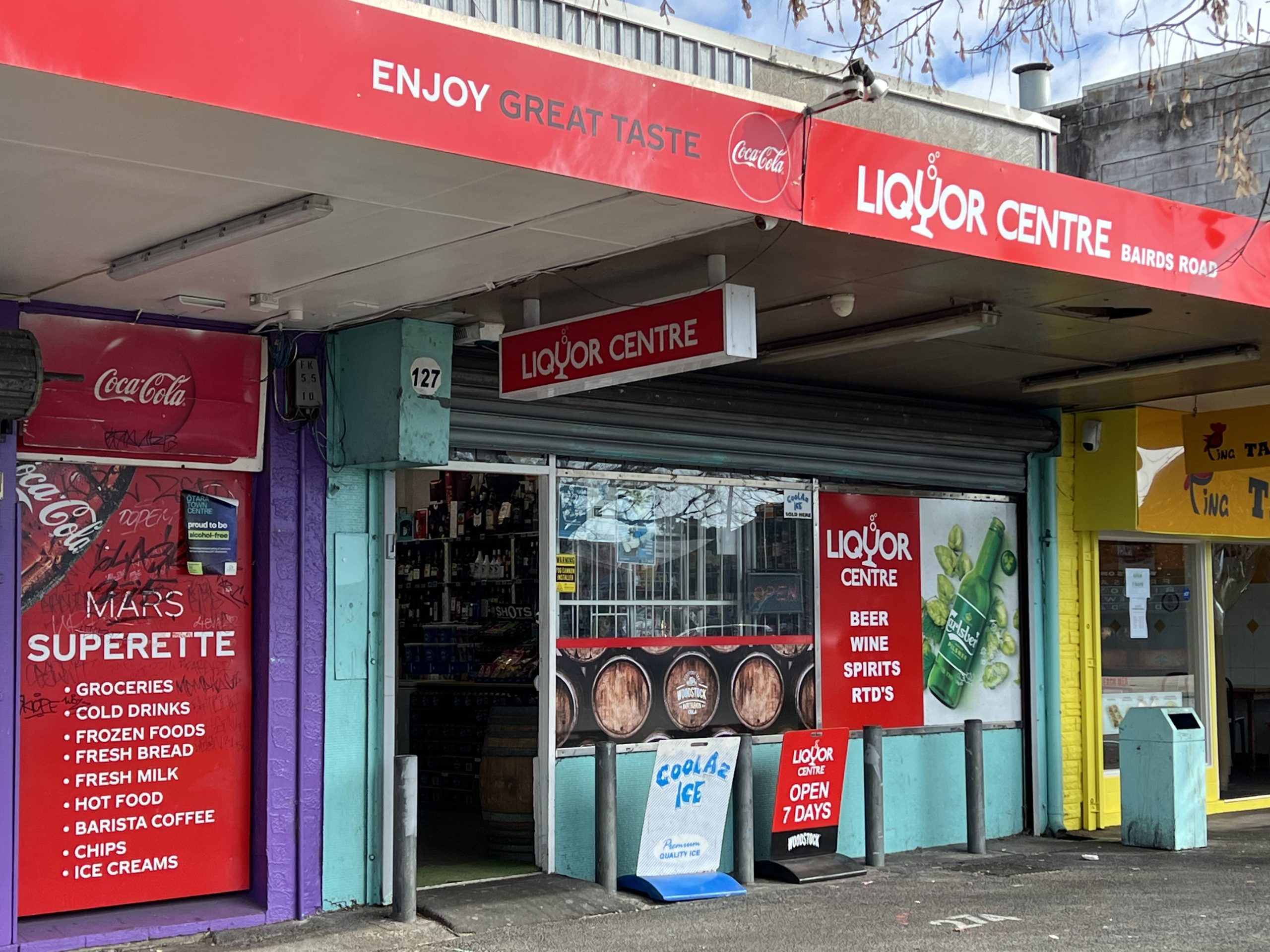
By Mary Afemata of Local Democracy Reporting
“For too long we haven’t been able to have a voice,” a South Auckland leader says of the control of booze sales in his area.
Otara-Papatoetoe Local Board chair Apulu Reece Autagavaia is looking forward to Auckland Council’s soon-to-be implemented Local Alcohol Policy (LAP) and what it could mean for communities wanting to curb the proliferation of cheap alcohol in their suburbs.
But while the policy will make it easier to stop new liquor stores being opened in some areas, Apulu says the community will need to remain vigilant against owners wanting to run shops outside of town centres.
“The LAPs are only for town centres … so the policy won’t apply to corner shops, so that work still needs to be done,” says Apulu.
“We don’t need bottle stores on every corner store. There will still be ones around but when it’s so accessible to our community to vulnerable members of our community then it’s just going to make their mental health and their health worse.”
The policy was first developed in 2013 but has been tied up in the courts for almost an entire decade and Apulu says the main reason was because of all the objections from businesses that sell liquor, including the major supermarket chains.

The proposed LAP even went through to the Supreme Court, but the last remaining appellant Foodstuffs has advised it is no longer pursuing its appeal.
Regarding the appeals process, a Foodstuffs spokesperson said they are focused on delivering a safe and responsible sale and supply of alcohol at licensed stores.
“The motivation behind appealing the decision had always been so our Auckland customers who want to buy beer and wine could have certainty around these products being available at the same time they do their supermarket shop.”
Manuewa-Papakura ward councillor Angela Dalton was the chair of the Manurewa Local Board at the time the policy was first being developed.
She says most appeals were dismissed but some elements needed to be changed before the policy was reviewed and resubmitted in 2017.
This included removing local impact reports. Under this proposal, anyone applying for a license would need to provide a report which showed if a liquor store was opening by sensitive sites, like an early childhood education centre or school.
“We [also] wanted a 9am opening time but that was removed so we’re stuck with a 7am opening time, but we did keep the 9pm closing [time].”
Currently, alcohol can be sold until 11pm in off-license stores, which includes bottle stores and supermarkets.
Although the council had to compromise on opening hours and applications needing local impact reports, Dalton says the policy has locked in 23 priority areas predominantly in South and West Auckland where there will be no new stores.
“It will see a two-year freeze on new licenses,” she says.
“[This] is going to make a difference.”

“We will not be seeing new liquor stores popping up …, as we have been seeing for years and years now.”
The two-year freeze will also help curb the effects of alcohol harm in the community, Dalton says.
“Ease of access is a real problem and to restrict that access should make a difference.”
Maungakiekie-Tāmaki Ward Councillor Josephine Bartley is another who has fought against alcohol harm, and she says she’s happy for those in her community who have long advocated for tighter restrictions on liquor stores.
“To get to where we are now there were a number of changes that had to be made. The issue which concerned me the most was the maximum trading hours for off-licenses.”
Bartley says she is hopeful that alcohol suppliers use this policy to thoughtfully consider how they can provide alcohol responsibly.
“It’s important that they take proactive steps to minimize its negative effects on our communities. By doing so, they can play a significant role in promoting a healthier and safer environment for everyone.”
Dalton says the next step is that the LAP now needs to go through the Alcohol Regulatory and Licensing Authority (ARLA), before coming back to the Governing Body at Auckland Council to adopt.
ARLA was also approached for a comment but did not respond at the time of publication.












